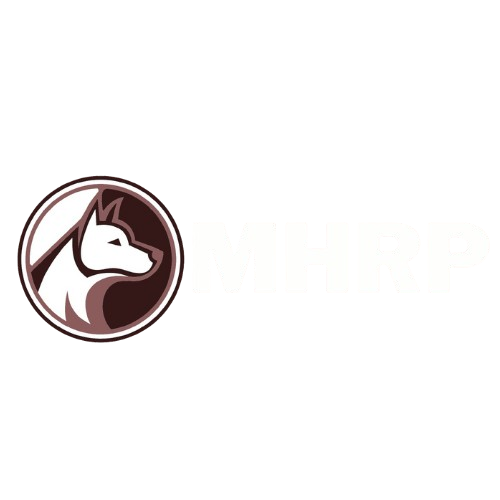Operational

Mrs. Tihitina
Description
Operational Activities Lead
Mrs. Tihitina is will be responsible for overseeing the overall implementation of the rabies prevention and control program, ensuring that activities are coordinated effectively and that program goals are met. This role will involve developing and implementing a detailed work plan, monitoring progress, and managing resources. The Program Manager will also coordinate with various stakeholders, including researchers, government officials, and community leaders, to ensure that the program aligns with broader health and development objectives. Additionally, she will be responsible for reporting on program outcomes and identifying areas for improvement.

NAME
Description
Field Coordinator
Field Coordinators will play a crucial role in managing field operations, supervising staff, and coordinating with local partners. They will be responsible for overseeing the implementation of rabies prevention activities in specific regions or communities, ensuring that program goals are met and resources are utilized effectively. Field Coordinators will also supervise and train field staff, providing guidance and support on data collection, vaccination activities, and community outreach. Additionally, they will establish and maintain relationships with local partners, such as government agencies, NGOs, and community leaders, to facilitate program implementation and ensure community buy-in.

NAME
Description
Logistics Coordinator
Logistics Coordinators will be responsible for managing the procurement, transportation, and distribution of supplies and equipment necessary for the rabies prevention and control program. They will ensure that vaccines, diagnostic kits, personal protective equipment, and other essential materials are procured in a timely manner and at the best possible prices. Logistics Coordinators will also coordinate the transportation of supplies to field locations, ensuring that they arrive safely and on time. Additionally, they will develop and implement efficient distribution systems to ensure that supplies reach their intended recipients, minimizing waste and ensuring equitable access.

NAME
Description
Training Coordinator
Training Coordinators will play a key role in organizing and conducting training programs for program staff, community health workers, and veterinarians. They will develop training curricula and materials that are tailored to the specific needs of different groups, ensuring that participants acquire the necessary knowledge and skills to effectively implement the rabies prevention and control program. Training Coordinators will also facilitate training sessions, providing guidance and support to participants and ensuring that learning objectives are met. Additionally, they will evaluate training outcomes and make recommendations for improvements to enhance the effectiveness of training programs.

NAME
Description
Community Outreach Coordinator
Community Outreach Coordinators will play a vital role in engaging with communities and ensuring their active participation in rabies prevention activities. They will develop and implement community outreach strategies, including public health education campaigns, community meetings, and door-to-door visits. Community Outreach Coordinators will also work closely with community leaders and influencers to build trust and mobilize community support for rabies prevention initiatives. By fostering community engagement, they will help to create a supportive environment for rabies prevention and control efforts.

NAME
Description
Monitoring and Evaluation Coordinator
Monitoring and Evaluation Coordinators will play a critical role in tracking program progress, assessing outcomes, and identifying areas for improvement. They will develop and implement a monitoring and evaluation framework, including data collection tools, indicators, and reporting systems. By collecting and analyzing data on program activities, outcomes, and performance, Monitoring and Evaluation Coordinators will be able to track progress towards program goals, identify challenges and bottlenecks, and assess the effectiveness of interventions. This information will be used to inform decision-making, improve program implementation, and ensure that resources are allocated efficiently and effectively.
